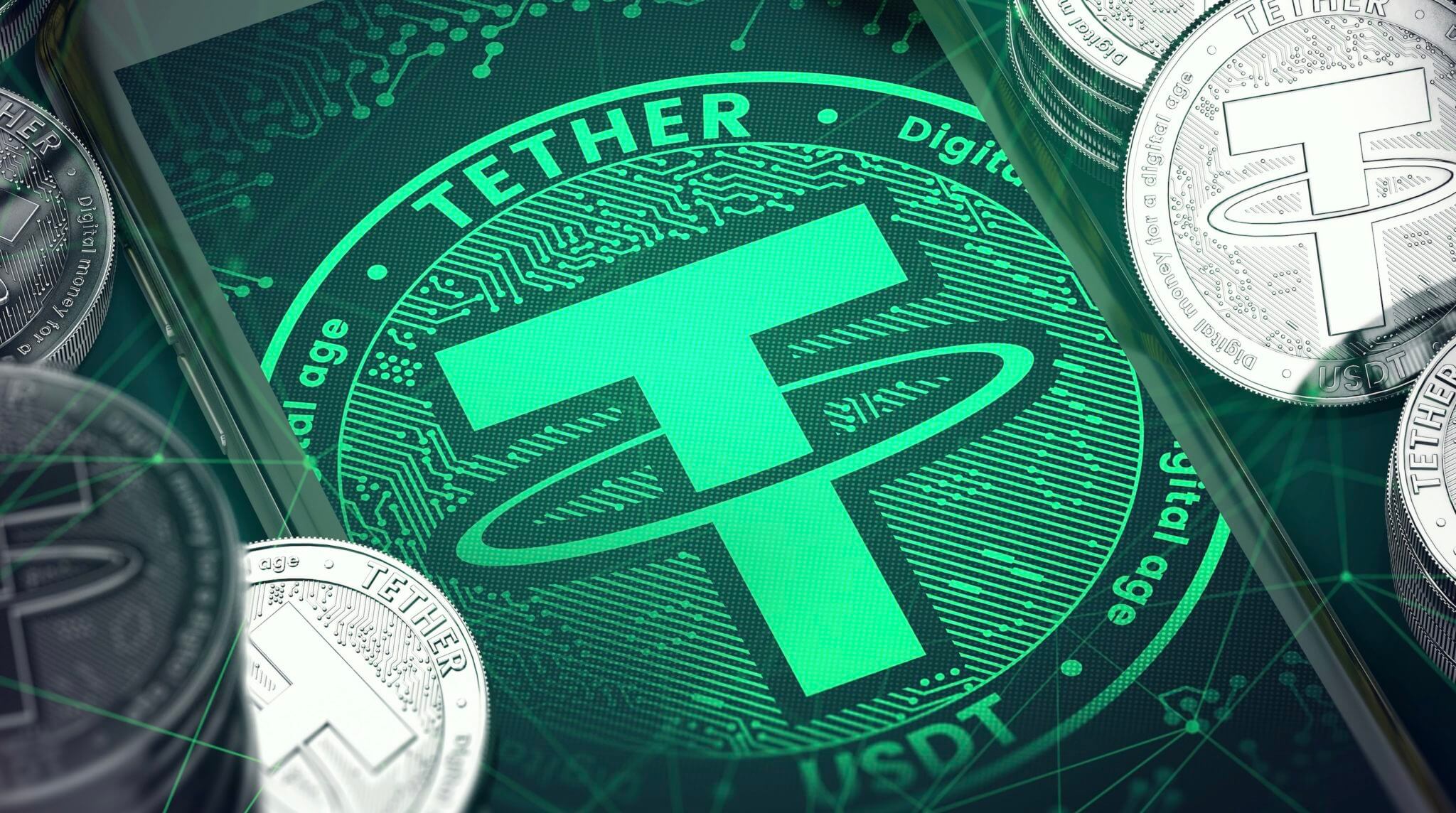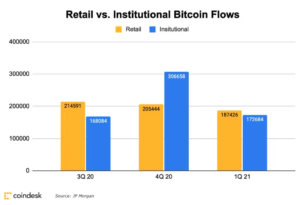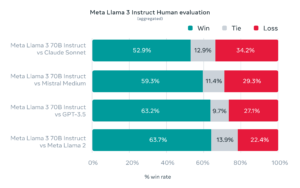Tether (USDT), the leading stablecoin in the cryptocurrency market, has been a focal point of both utility and controversy. Designed to maintain a 1:1 peg with the U.S. dollar, Tether facilitates seamless trading and liquidity across various crypto platforms. However, it has frequently been the subject of Fear, Uncertainty, and Doubt (FUD) within the crypto community. This article delves into the origins of Tether FUD, examines its implications, and assesses the current state of affairs surrounding USDT.
Understanding Tether and Its Role in the Crypto Ecosystem
Launched in 2014, Tether was created to provide stability in the volatile cryptocurrency market by offering a digital asset pegged to traditional fiat currencies. USDT has become integral to the crypto ecosystem, enabling traders to move funds quickly between exchanges, hedge against market volatility, and access liquidity. As of December 2024, Tether’s market capitalization exceeded $100 billion, underscoring its significance in the digital asset space.
Origins of Tether FUD
Concerns surrounding Tether have persisted for years, often stemming from:
- Transparency of Reserves: Critics have questioned whether Tether holds sufficient reserves to back all USDT in circulation. In 2018, Tether claimed to have $2.55 billion in U.S. dollar reserves backing $2.54 billion in USDT, leading to skepticism about its actual holdings.
- Regulatory Scrutiny: Tether has faced regulatory challenges, including investigations into its reserve practices and compliance with financial regulations. In 2024, U.S. regulators expressed concerns about the potential systemic risks posed by stablecoins like Tether.Reuters
- Market Manipulation Allegations: There have been allegations that Tether has been used to manipulate cryptocurrency prices, particularly Bitcoin, raising questions about its impact on market integrity.
Recent Developments and Renewed FUD
In late 2024, Tether faced renewed scrutiny due to:
- Regulatory Changes in Europe: The implementation of the Markets in Crypto-Assets (MiCA) regulation in the European Union led to the delisting of USDT from several centralized exchanges in Europe as of December 30, 2024. This move sparked concerns about market stability and liquidity within the EU.
- Market Capitalization Fluctuations: Amidst the regulatory uncertainties, Tether’s market capitalization experienced a drop of approximately $2 billion. Analysts attributed this decline to FUD related to MiCA regulations, though some viewed it as a buying opportunity.
- Expansion of Reserves: In response to the growing concerns, Tether expanded its Bitcoin reserves by $700 million, bringing its total holdings to $7.8 billion. This move was interpreted as an effort to bolster confidence in its backing reserves.
Implications of Tether FUD
The spread of FUD regarding Tether has several implications for the broader cryptocurrency market:
- Market Volatility: Negative sentiment towards Tether can lead to increased volatility, as traders may move funds out of USDT into other assets, causing price fluctuations.
- Liquidity Concerns: Given Tether’s role in providing liquidity across exchanges, any doubts about its stability can disrupt trading activities and impact market liquidity.
- Investor Sentiment: Persistent FUD can erode investor confidence, potentially leading to broader skepticism about the stability of the crypto market.
Tether’s Response to FUD
Tether’s leadership has actively addressed the spread of FUD:
- Public Statements: Paolo Ardoino, CEO of Tether, has emphasized the resilience of Tether and Bitcoin, stating that together they can withstand any attack.
- Transparency Measures: Tether has made efforts to increase transparency by regularly publishing attestations of its reserves and engaging with regulatory authorities to ensure compliance.











